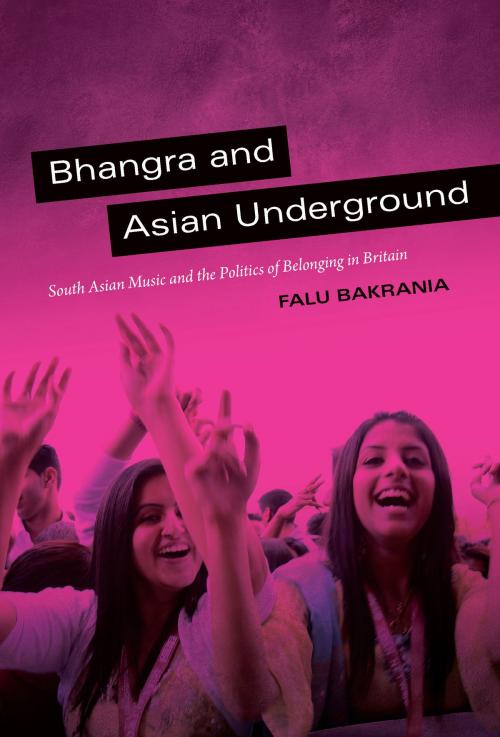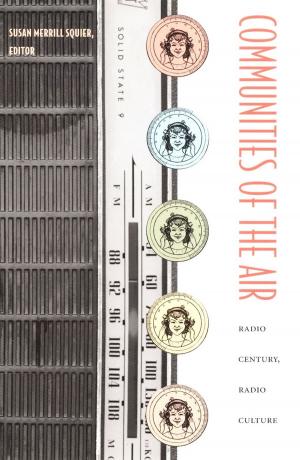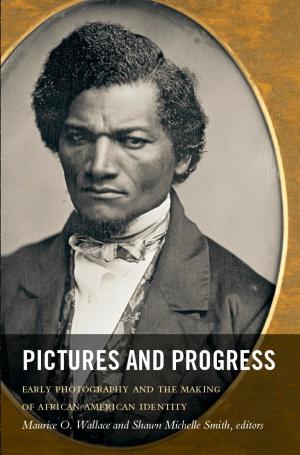Bhangra and Asian Underground
South Asian Music and the Politics of Belonging in Britain
Nonfiction, Entertainment, Music, Pop & Rock, Dance, Music Styles, Social & Cultural Studies, Social Science, Anthropology| Author: | Falu Bakrania | ISBN: | 9780822395645 |
| Publisher: | Duke University Press | Publication: | October 4, 2013 |
| Imprint: | Duke University Press Books | Language: | English |
| Author: | Falu Bakrania |
| ISBN: | 9780822395645 |
| Publisher: | Duke University Press |
| Publication: | October 4, 2013 |
| Imprint: | Duke University Press Books |
| Language: | English |
Asian Underground music—a fusion of South Asian genres with western breakbeats created for the dance club scene by DJs and musicians of Indian, Pakistani, and Bangladeshi descent—went mainstream in the U.K. in the late 1990s. Its success was unprecedented: British bhangra, a blend of Punjabi folk music with hip-hop musical elements, was enormously popular among South Asian communities but had yet to become mainstream. For many, the widespread attention to Asian Underground music signaled the emergence of a supposedly new, tolerant, and multicultural Britain that could finally accept South Asians. Interweaving ethnography and theory, Falu Bakrania examines the social life of British Asian musical culture to reveal a more complex and contradictory story of South Asian belonging in Britain. Analyzing the production of bhangra and Asian Underground music by male artists and its consumption by female club-goers, Bakrania shows that gender, sexuality, and class intersected in ways that profoundly shaped how young people interpreted “British” and “Asian” identity and negotiated, sometimes violently, contests about ethnic authenticity, sexual morality, individual expression, and political empowerment.
Asian Underground music—a fusion of South Asian genres with western breakbeats created for the dance club scene by DJs and musicians of Indian, Pakistani, and Bangladeshi descent—went mainstream in the U.K. in the late 1990s. Its success was unprecedented: British bhangra, a blend of Punjabi folk music with hip-hop musical elements, was enormously popular among South Asian communities but had yet to become mainstream. For many, the widespread attention to Asian Underground music signaled the emergence of a supposedly new, tolerant, and multicultural Britain that could finally accept South Asians. Interweaving ethnography and theory, Falu Bakrania examines the social life of British Asian musical culture to reveal a more complex and contradictory story of South Asian belonging in Britain. Analyzing the production of bhangra and Asian Underground music by male artists and its consumption by female club-goers, Bakrania shows that gender, sexuality, and class intersected in ways that profoundly shaped how young people interpreted “British” and “Asian” identity and negotiated, sometimes violently, contests about ethnic authenticity, sexual morality, individual expression, and political empowerment.















